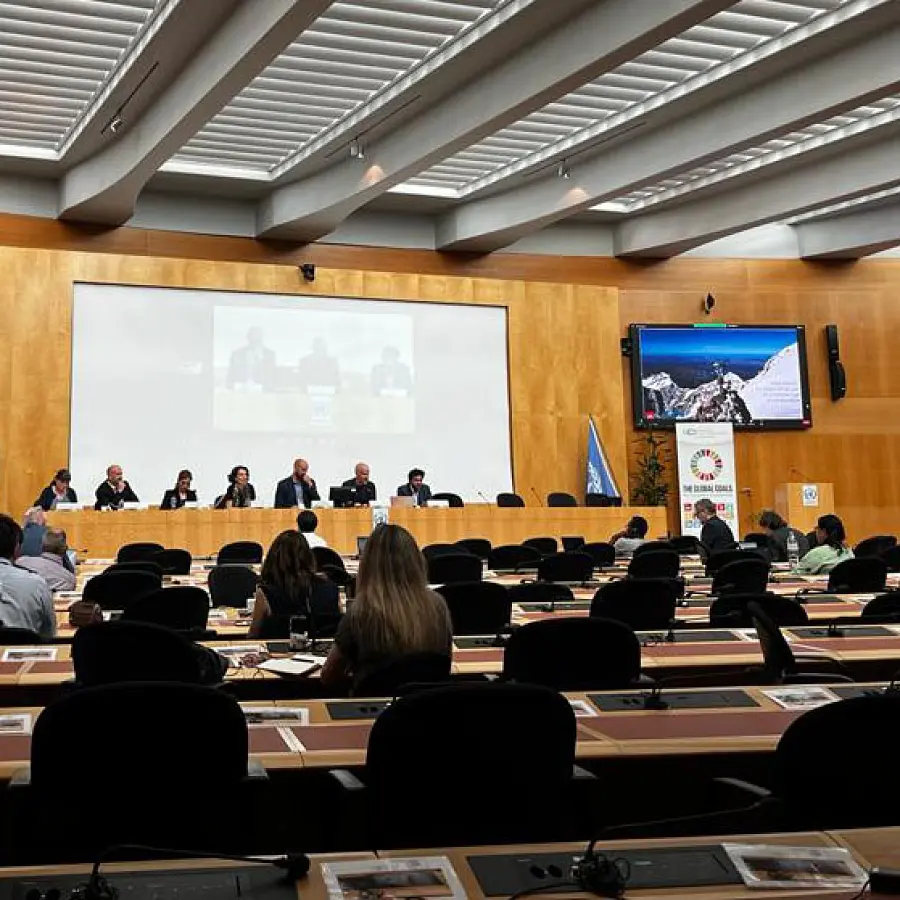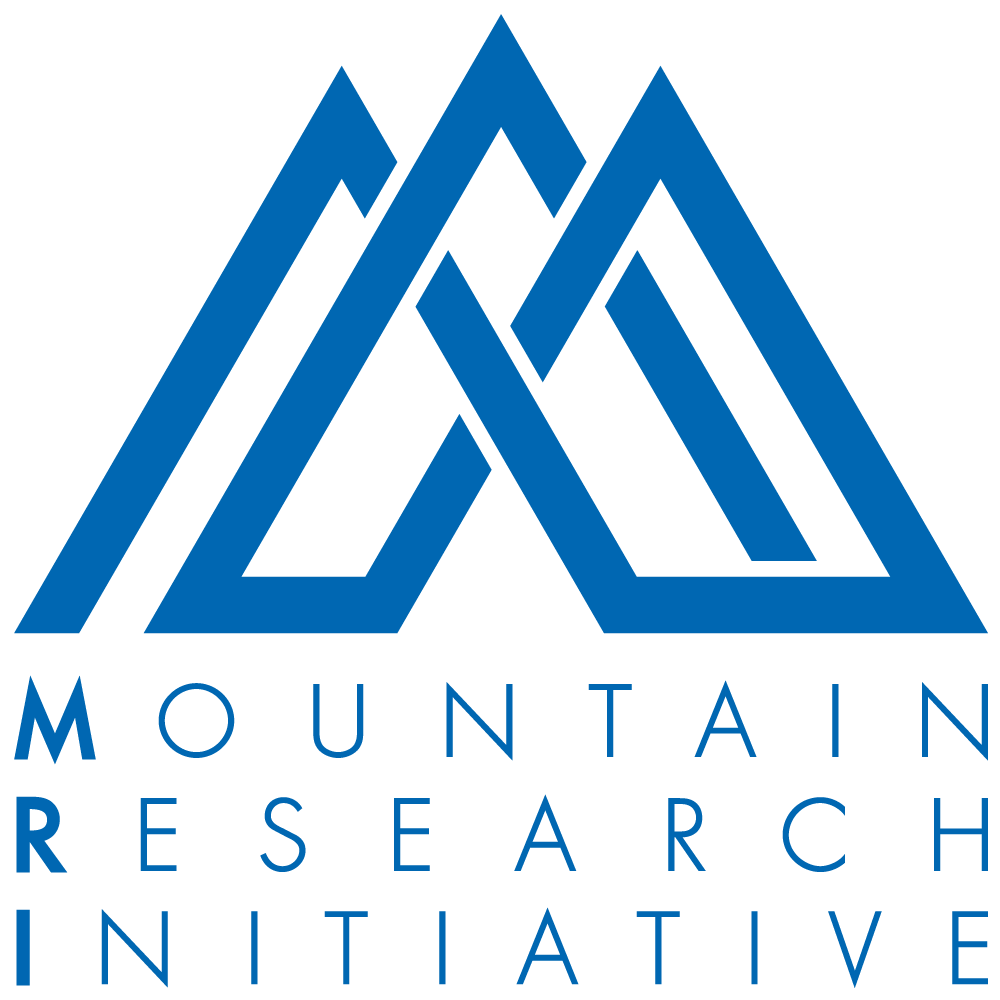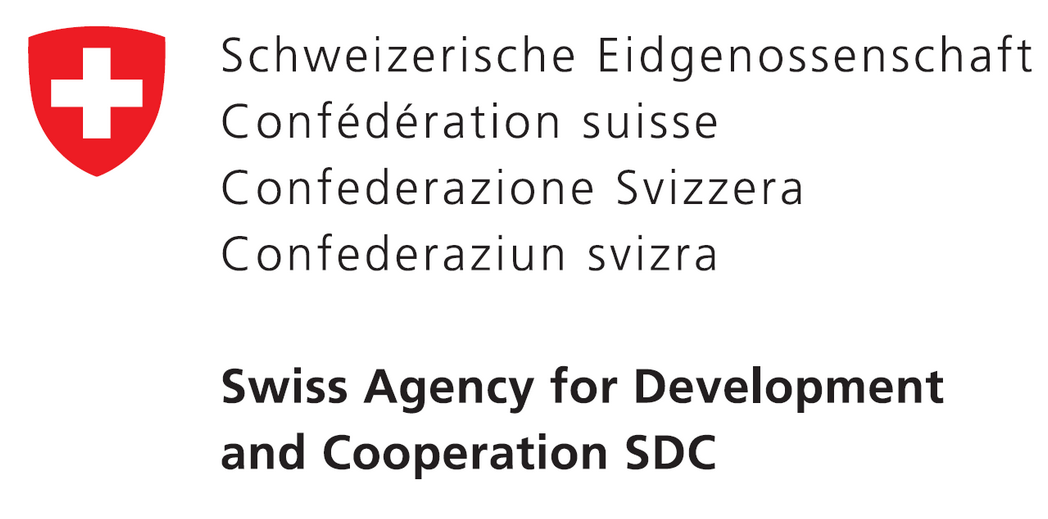The Challenge
Mountain regions provide multiple ecosystem services to society globally (e.g., water), and host disproportionately high biodiversity. Yet mountain climates are changing rapidly, and direct anthropogenic impacts continue to add further pressure on these vulnerable landscapes. Policy-makers, environmental managers, and others need accurate, timely, and high spatio-temporal resolution data on mountain social-ecological systems. However, obtaining observational data in mountains is often inherently challenging. Moreover, accessing what does exist can be time-consuming and scientific knowledge often lacks practical applicability for decision-making.
The Solution
The core challenges of improving data discoverability and accessibility are being addressed through two inventories; the GEO Mountains In Situ Inventory and the GEO Mountains General Inventory. We also lead and contribute to various peer-reviewed articles that seek to substantiate and contribute perspectives on mountain monitoring and observation, identify data gaps, and exploit existing data to address key scientific questions and policy needs. Finally, we aim to mediate an ongoing dialogue between mountain data users and mountain data providers, share capacities within and between global mountain regions, support Early Career Professionals, and heighten the impact that the mountain community has in global policy fora. We place a strong emphasis on communication and Open Science.
Latest Developments
Regional Workshops
In 2023 and early 2024, GEO Mountains is hosting a series of regional workshops focusing on building regional networks of mountain observatories, developing stronger links between the operational and research mountain monitoring communities, exploiting existing data for scientific and policy impact, and capacity sharing. In addition, 10 projects spanning various themes and activities funded through our “Small Grants Call” are underway. The Inventories will undergo further development (with iterative releases), and we will continue to contribute to hosting sessions at scientific conferences, convening online meetings, giving presentations, and encouraging our members to become more involved in the various activities.
More

Our Impact
Contributing to IPCC AR6 on Human Population Dynamics in Mountains Work conducted through GEO Mountains on human population dynamics in the world’s mountains contributed to the Cross-Chapter Paper on Mountains in the Intergovernmental Panel on Climate Change (IPCC) Sixth Assessment Report (AR6). Addressing Systematic Observation Gaps: Contributions to UNFCCC COP27 GEO Mountains also made contributions to the deliberations at the UNFCCC COP27, resulting in a decision by the parties that highlights the importance of addressing systematic observation gaps in mountain regions and those associated with the cryosphere.
Policy Drivers
The integrative nature of mountain systems means that GEO Mountains has relevance to several policy frameworks and conventions at the global scale, including the United Nations Framework Convention on Climate Change (UNFCCC), the UN 2030 Agenda (SDGs), the Convention on Biological Diversity (CBD), and the Sendai Framework for Disaster Risk Reduction (DRR). Our specific focus within these realms revolves around mountain-related aspects that are particularly relevant or important.
Our Donors
Our Partners
Participating Organizations
Non-affiliated









